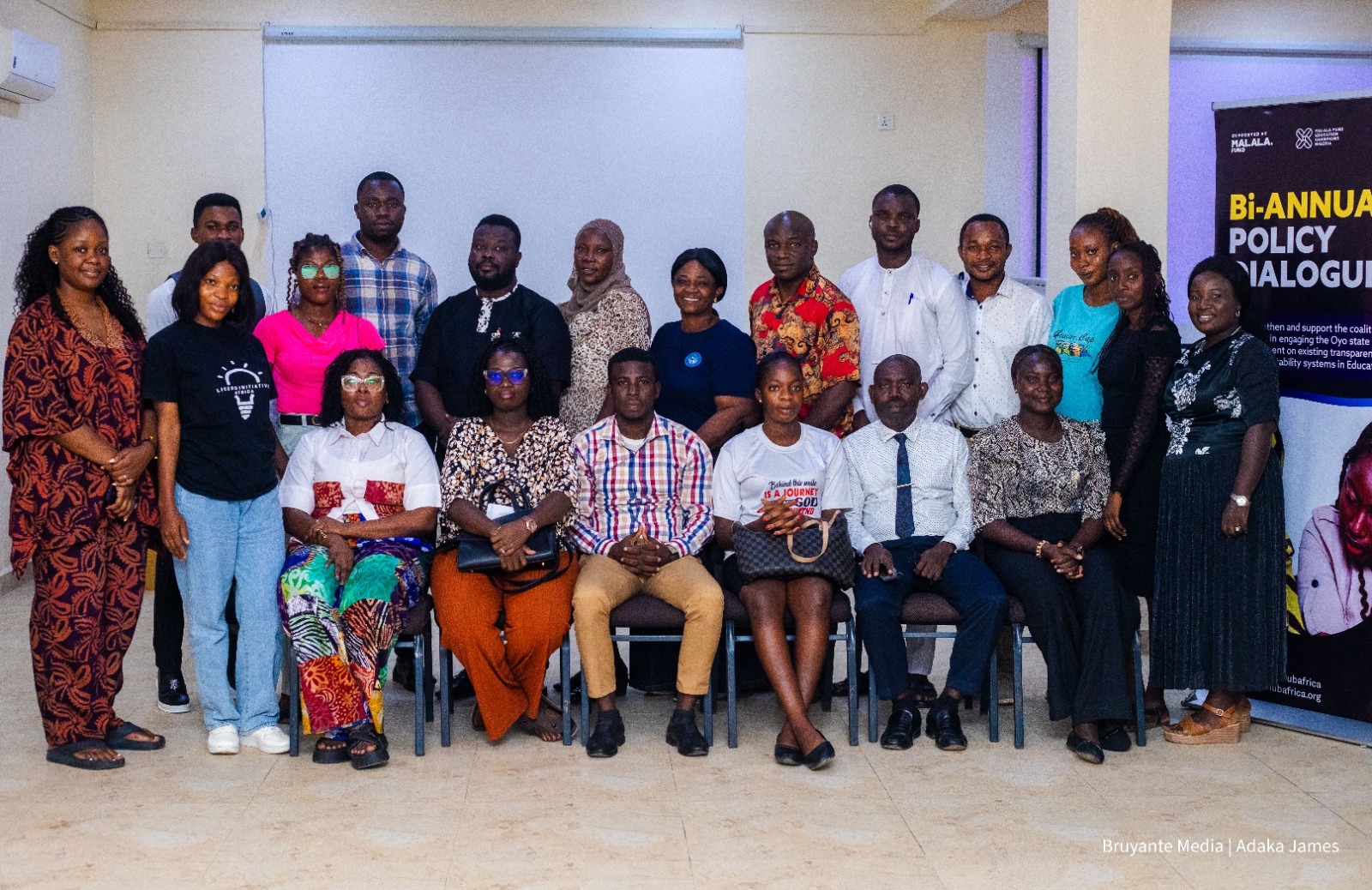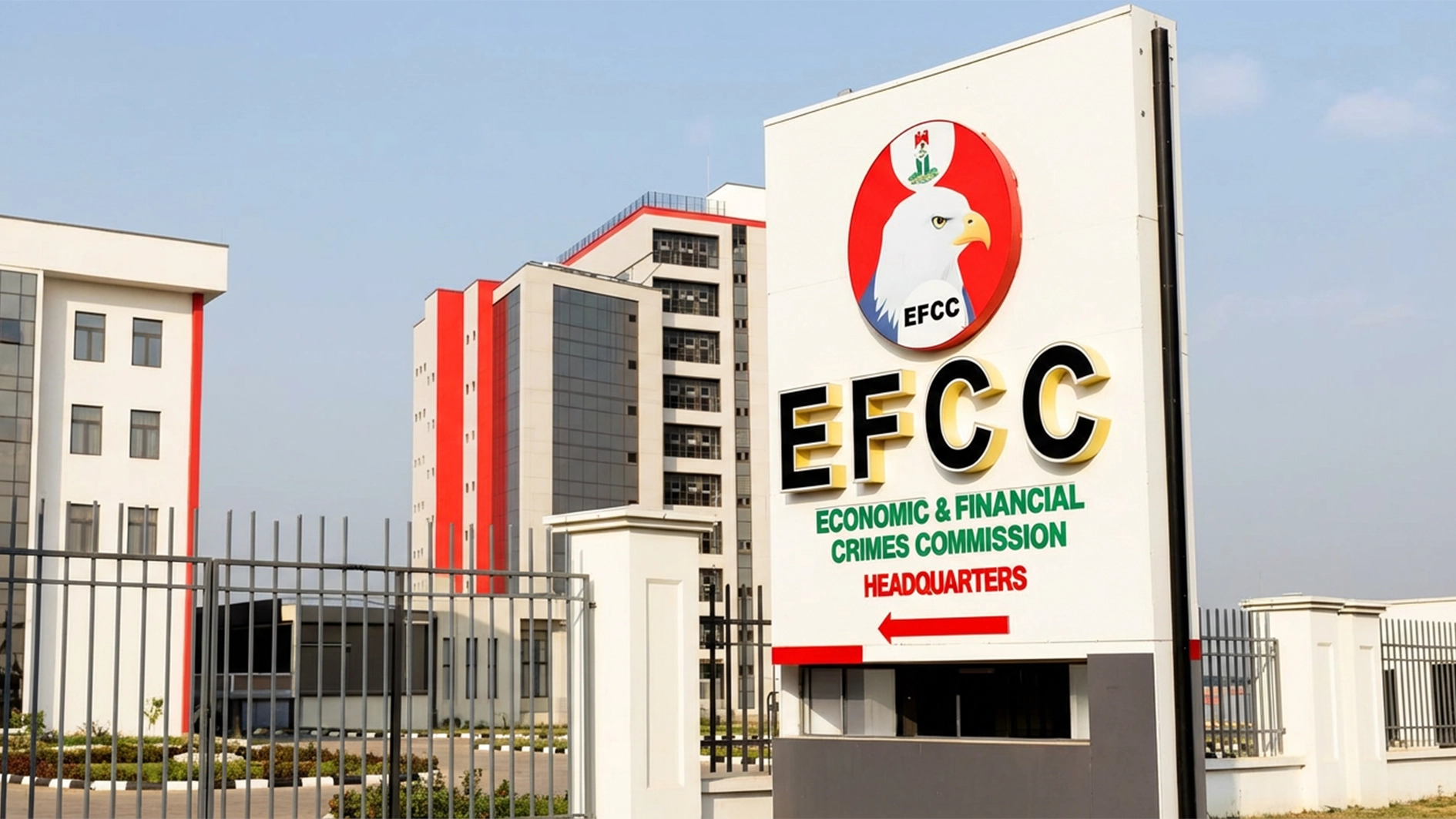
• Stop ‘reckless’ comments, don’t prioritise ambition over Oyo’s needs, spokesman warns
• ‘Tinubu’s economic reforms aimed at averting Nigeria’s path to Venezuela’
• Atiku proposes $10b stimulus for MSMEs, phased subsidy removal, currency reform
The ruling All Progressives Congress (APC) has criticised Oyo State Governor Seyi Makinde following his recent criticism of the performance of President Bola Ahmed Tinubu’s administration.
At the weekend, Makinde told PDP faithful, “Please, let us all work together and unite our bases. That is all we need. The next general election will be APC versus Nigerians, not even APC versus PDP. But let us just do our part to unite our party and bases, then allow the people of Nigeria to speak when the time comes.”
The governor, who spoke during the commissioning of the South-West PDP Zonal office he built and donated in honour of the late former National Vice Chairman (South-West) of the party, Olasoji Adagunodo-Oluwatukesi, added, “I want to urge PDP members all over the country, let us unite, and the way to demonstrate it is by reaching out. If you know one or two people in Ondo State, call them and tell them PDP is united. Tell them that the Ondo election, coming up in two weeks, will be an indicator of where Nigeria will stand in 2027.
“The people spoke in Oyo and Osun states. They will do it in Nigeria. So, don’t worry. Don’t think external forces have control over what will happen in our party. Yes, they may try; they can only succeed if we allow it.”
However, in a statement issued in Abuja, APC National Publicity Secretary Mr Felix Morka described Makinde’s comments as “reckless executive flippancy,” accusing the governor of neglecting his duties in Oyo State to advance personal political interests.
The APC argued that Makinde’s statements are a disservice to Oyo residents and reflect his alleged leadership inadequacies. The party also accused Makinde of poor performance, saying his record as governor undermines his credibility.
According to the APC, instead of prioritising the needs of the people who elected him, Makinde has diverted his attention towards his “unhinged ambition” for 2027, neglecting pressing issues within the state.
“Makinde must understand that Nigeria’s scale and complexities require more than his self-indulgent aspirations,” the APC said, adding that his criticism of the APC fails to address his own party’s challenges.
“If Makinde knew how to keep APC’s influence at bay, why hasn’t he managed to protect his party nationally? Like the proverbial bad workman blaming his tools, Makinde and his PDP allies should stop pointing fingers and take responsibility for their party’s disarray,” Morka said.
The APC argued that Makinde’s alleged ambition for 2027 lacks substance and criticised his “unjustified” attacks on President Tinubu’s administration, which the party claims has launched “the boldest and most ambitious reform” to transform Nigeria’s economy.
The APC further claimed that Makinde does not speak for the people of Oyo, let alone Nigerians, regarding their future electoral choices, alleging that his criticism of Tinubu’s economic policies is rooted in fear that successful reforms would undermine his 2027 ambitions.
The APC concluded by urging Nigerians to remain steadfast in supporting President Tinubu, stressing that his reform policies already deliver positive results for Nigerians nationwide.
Also, the Independent Media and Policy Initiative (IMPI) asserted that President Bola Tinubu’s economic reforms are part of a strategic plan to prevent Nigeria from following Venezuela’s disastrous trajectory.
According to a statement by IMPI Chairman Dr Niyi Akinsiju, Nigeria’s macroeconomic policies have historically mirrored those of Venezuela, leading to the current economic challenges and necessitating urgent reform.
IMPI stated that critics have condemned the Tinubu administration’s reforms, labelling them as insensitive and insufficiently strategic. The organisation, however, argued that these critiques overlook the broader context of Nigeria’s economic path, which has long been set on an unsustainable course.
“We have observed with interest the criticisms of President Tinubu’s reforms,” said IMPI. “While some critics have painted the reforms as insensitive and strategy-deficient, the reality is that Nigeria’s macroeconomic situation is the result of decades of flawed policies. This economic malaise is not a product of recent months but rather of a trajectory set over years of misguided fiscal practices.”
The organisation argued that Nigeria’s economic history since the 1960s has followed a boom-and-bust pattern similar to Venezuela’s, driven by fluctuating oil revenues and policy missteps. “Since 1972, Nigeria has been caught in a cycle of economic highs and lows. In times of abundance, we spend without restraint; when fortunes decline, we criticise the government and blame external factors for our struggles. The current situation represents the consequences of these decades of mismanagement.”
It highlighted that Nigeria, like Venezuela, adopted economic policies rooted in “macroeconomic populism,” characterised by high spending during oil booms without saving for downturns. This, it stated, has set Nigeria on a risky path of fiscal instability, exacerbated by rising public debt and the depletion of reserves.
IMPI outlined similarities between Nigeria and Venezuela to underscore its point. It noted that Venezuela, once one of Latin America’s most prosperous oil-producing nations, experienced economic ruin due to years of overspending and failure to invest in its future. By 2008, Venezuela was the world’s tenth-largest oil producer and the eighth-largest oil exporter. However, similar to Nigeria’s experience, Venezuelan leaders implemented policies that worsened the nation’s fiscal health, especially during the commodity supercycle of the early 2000s.
The organisation drew parallels between Nigeria’s leaders from 1999 to 2015 and Venezuela’s leaders, Hugo Chavez and Nicolas Maduro, whose policies mirrored Nigeria’s in crucial ways. Both countries increased spending during this period without commensurate revenue growth, incurring mounting debts and draining their reserves.
“Instead of building reserves as countries like Norway and Saudi Arabia did, Nigeria established the Excess Crude Account (ECA) in 2004. By 2007, it held $20 billion, yet, like Venezuela, Nigeria spent its reserves rather than safeguarding them for future downturns,” the statement continued. “By 2015, the ECA had dwindled to $2.4 billion, while foreign debt surged to over $10 billion. Nigeria’s petroleum price was among the lowest in Sub-Saharan Africa, creating fuel smuggling issues similar to Venezuela’s smuggling crisis across borders with Brazil and Colombia.”
IMPI further highlighted the costly subsidies on petrol and electricity, estimating that these subsidies contributed to over half of Venezuela’s fiscal deficits and mirrored Nigeria’s issues with fuel subsidies. Like Nigeria, Venezuela imposed capital controls and maintained multiple foreign exchange rates, resulting in a black market where exchange rates were determined by supply and demand, further destabilising the economy.
The Independent Media and Policy Initiative contended that, while critics focus on the rising cost of living under Tinubu’s administration, economic reforms are necessary to reverse years of unsustainable policies. The organisation argued that by implementing reforms, the government aims to stabilise Nigeria’s economy, improve fiscal responsibility, and prevent the kind of collapse Venezuela has experienced.
It further called on Nigerians to understand the context of Tinubu’s reforms and to recognise their importance in preventing economic disaster. “These reforms are about saving Nigeria from the fate of other oil-rich countries that failed to adapt their policies to new economic realities. Tinubu’s administration is committed to setting Nigeria on a path of sustainable growth, leaving behind decades of populist fiscal mismanagement,” the organisation said.
Meanwhile, former Nigerian Vice President Atiku Abubakar has presented a detailed vision of economic policies he would have implemented to address Nigeria’s current financial challenges, stressing a strategic approach to reforms, fiscal management, and public trust-building.
The former PDP presidential candidate in the 2023 election criticised Tinubu’s “trial-and-error” approach, which he argued has intensified economic hardship for Nigerians.
Atiku stressed that his administration would have taken a phased approach to reforms to avoid economic shocks. He criticised the Tinubu administration’s simultaneous removal of subsidies, currency devaluation, and other abrupt reforms as destabilising for key sectors.
“We would have taken a step-by-step approach, ensuring that fiscal and monetary policies are aligned,” he explained, proposing that adjustments in exchange rates, electricity tariffs, and fuel prices be introduced gradually.
At the heart of his economic plan was a proposed $10 billion Economic Stimulus Fund (ESF) designed to support Micro, Small, and Medium Enterprises (MSMEs). He argued that by empowering small businesses, Nigeria could reduce import dependence and create jobs, which would, in turn, drive economic growth and stabilise the economy.
Addressing security concerns, Atiku highlighted his plan to reform security institutions and improve personnel welfare, presenting this as a key priority. His policy document, ‘My Covenant with Nigerians,’ outlined a ‘Special Presidential Welfare Initiative’ to raise morale and operational efficiency within Nigeria’s security forces. He suggested a diplomatic approach to conflict resolution, involving traditional leaders and neighbouring countries in joint security initiatives.
On public sector reform, Atiku proposed an Infrastructure Development Unit (IDU) under the presidency. This unit would aim to expedite projects through public-private partnerships and have an approximate $25 billion fund dedicated to infrastructure advancement. He argued that this would eliminate inefficiencies and improve government accountability.
A long-standing advocate for subsidy removal, Atiku criticised the current administration’s “opaque” approach, which he claimed primarily benefited an elite few. He called for a gradual phase-out of subsidies to reduce disruption, similar to strategies used in Malaysia and Indonesia.
As Vice President, he had initiated a gradual subsidy phase-out, which he argued was abandoned by subsequent administrations, exacerbating current economic challenges. He suggested reinvesting subsidy savings into infrastructure, healthcare, and education, with social protection programmes to shield low-income citizens from the effects of reforms.
Atiku also criticised the current administration’s handling of the foreign exchange system, arguing that the multiple exchange rates primarily benefit opportunists and arbitrageurs. He proposed a managed-floating exchange rate system, which balances fixed and floating rates, to maintain economic stability while supporting a market-friendly economy.
He stressed the importance of transparent, empathetic leadership, stating that his administration would have prioritised open communication with Nigerians to build trust and understanding around government policies. “Nigerians are looking for alternatives because they need policies that work. While I am not the President, I hope my ideas can serve as a guide to bring relief to the Nigerian people,” he said.
Atiku clarified that his suggestions were intended as constructive solutions rather than criticisms, emphasising that empathy, transparency, and accountability should be central to leadership. He encouraged the current administration to consider his policy suggestions as a pathway to addressing Nigeria’s economic and social challenges.






